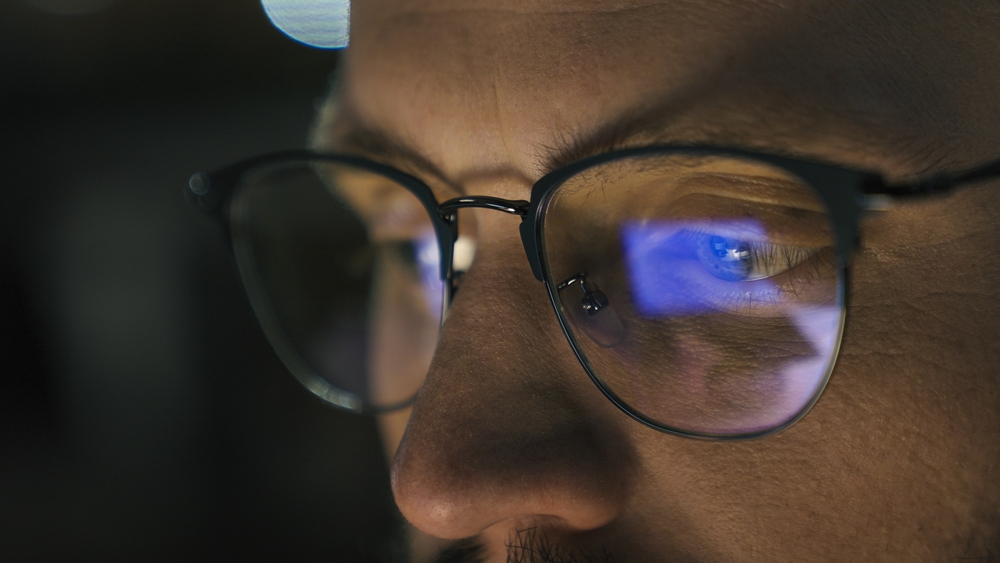Patel Vision Group Blog
Learn more about optometrist care in our blog!

As the boundaries between work and home continue to blur, more people are experiencing the unique challenges of a hybrid or fully remote work environment. While the flexibility of working from multiple locations offers many advantages, it also brings an unexpected downside: increased screen time, leading to digital eye strain.

For many drivers, nighttime brings a whole new set of challenges. Headlights from oncoming cars, glare from wet roads, and dimly lit streets can make even a familiar route feel unfamiliar. If you’ve ever wondered why your vision seems so much worse at night, you’re not alone - this is a common concern that can have several causes.

Dry, irritated eyes can make even simple daily tasks feel uncomfortable. If you’ve been searching for “dry eye treatment near me,” it’s time to find real relief. At Patel Vision Group, we specialize in diagnosing and treating dry eye syndrome with advanced, personalized solutions that go beyond temporary fixes.

Your vision is one of your most important senses, and taking care of your eye health should be a top priority, regardless of whether or not you currently wear glasses or contact lenses. But how often should you really get your eyes checked? At Patel Vision Group, we believe routine comprehensive eye exams are the key to maintaining healthy vision and detecting potential issues early.

Dry, irritated eyes can make even the simplest daily tasks feel uncomfortable. From blurry vision to a gritty sensation or excessive tearing, dry eye symptoms affect millions of people each year. Let’s take a closer look at the five most common causes of dry eye irritation and why a professional evaluation is key to lasting comfort.

When it comes to vision correction, contact lenses offer a convenient and often more comfortable alternative to eyeglasses. However, with several types of lenses available, it can be overwhelming to determine which option is right for you.

As we age, our vision naturally changes, making it essential to take proactive steps to maintain eye health. Age-related conditions such as cataracts, glaucoma, and macular degeneration can impact daily life, but with the right care, you can help preserve your vision for years to come. Below are key strategies to protect your eyesight as you age.

If you’ve ever struggled with standard contact lenses or been told you’re not a good candidate for them, you might need specialty contact lenses. Unlike traditional soft lenses, specialty contacts are designed for people with unique eye conditions that require custom solutions for clear and comfortable vision.

Have you ever noticed tiny spots, threads, or cobweb-like shapes drifting across your field of vision? These are called floaters, and while they’re usually harmless, they can sometimes signal an underlying eye health issue.

When it comes to maintaining healthy vision, regular eye exams are essential. But if you're a contact lens wearer—or thinking about becoming one—you might wonder why a contact lens exam is necessary and how it differs from a routine eye exam.








